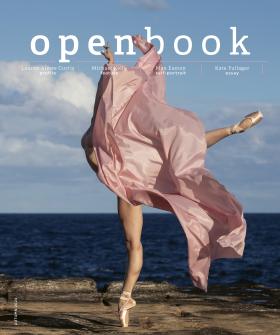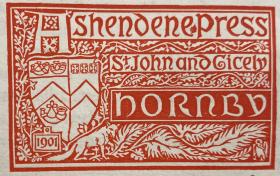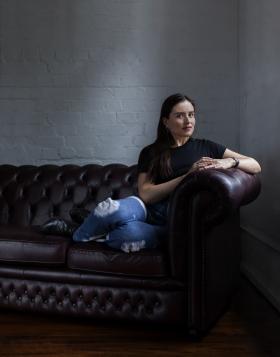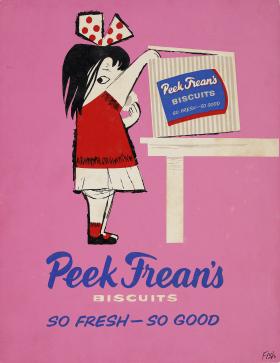Imagine Lindfield Public School in the late sixties. At the age of eight I was caught with my friend Rebecca (not her real name) running outside the sacred literary precinct. Mrs Book (not her real name) collared me and sent me to the principal where I was ‘given the cane’ and had my name inscribed in the ‘punishment book’. ‘Giving’ someone the cane is an unusual form of generosity, even if it does lead to a place on the literary record.
Much later, I found myself facing a similar prospect at North Sydney Boys’ High School. This time I was in trouble for ‘fidgeting at a desk in the library’ and sent to Mr Warning (his real name). By then I’d learned a little, so sat under a tree for a decent time and returned to say that Mr Warning wasn’t there.
If you hit a child at school today there’s a good chance you’d end up in Silverwater.
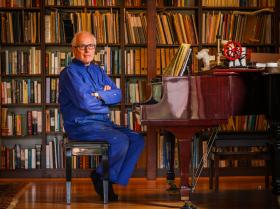
Libraries have struck me in more positive ways throughout a very fortunate life — to the point where I’ve ended up running one. As a student at Sydney University, the Fisher Library Stacks were a treat. My own academic work at the time was a low priority and I spent days distractedly wandering about, exploring a world on paper every bit as real as the one outside.
A scholarship took me to Cambridge and a constellation of college libraries with treasures I’d only read about (in other books). Manuscripts of Winnie the Pooh, the Fitzwilliam Virginal Book, the paintings of Edward Lear, papyrus texts, eighth-century classical manuscripts and personal archives of people who helped to build (and take down) the modern world. Then there was the University Library itself, or ‘UL’ — a phallic puritan leviathan of a building with stacks named like London postcodes.
My work took me to many of the great libraries of Europe. In the old Bibliothèque Nationale of France (in the days when it was in the Rue de Richelieu) I inadvertently crossed a velvet rope, triggering a frightening reaction from the librarians and memories of Lindfield Public School. In the University Library at Leiden, in the Netherlands, I fell asleep in the manuscripts room and knocked over a large codex of Lucretius. The British Library was too complicated and cumbersome to use at all in those days, but was still a destination for a library tourist like me.
In spite of their glamour, none of these libraries made me. The library that made me was at home. My mother and father met each other over books. They celebrated their engagement by buying a rare early edition of Cook’s journal. Between them they put together a vast collection at home of nearly 20,000 books, papers, pictures, recordings, films — covering every imaginable subject. Natural science, exploration, music and art, children’s and adult fiction, chemistry and geology, poetry, biography, architecture, erotica and pornography, history … it goes on. After my father died, my mother could not manage it all and much of the collection went to the University of Melbourne.
One of the best things about personal libraries is the way they record the existence of their owners. I’m not just talking about acts of choice and selection made by all collectors. Most of my parents’ books contain traces of their own lives — tickets, family photos, postcards, menus and invitations used as bookmarks. There are wine and food stains, faded covers on books that used to be kept in a sunny room at the end of the house.
Slipped between the covers of my father’s copy of Ferguson’s Bibliography of Australia are letters he exchanged with its author, tucked in with cards and invitations to Christmas drinks. My own copy of The Magic Pudding contains a children’s menu from the P&O Orcades which took us to Europe for my father’s sabbatical in 1970. Bank statements and receipts scattered through the collection present a history of Australian commerce over the past 50 years. It was my father who always read me my bedtime story and I still have the books he read me, complete with birthday cards I picked up along the way.
Some people keep diaries. Others stick their lives into scrapbooks. My life is in my library — quite literally so. Libraries had a go at breaking me at first, but they’ve since done a pretty good job of putting me back together. And keeping me that way. I suspect that many of you will feel the same way when you look at what’s on your own shelves.
John Vallance is the State Librarian.
This story appears in Openbook winter 2022.

